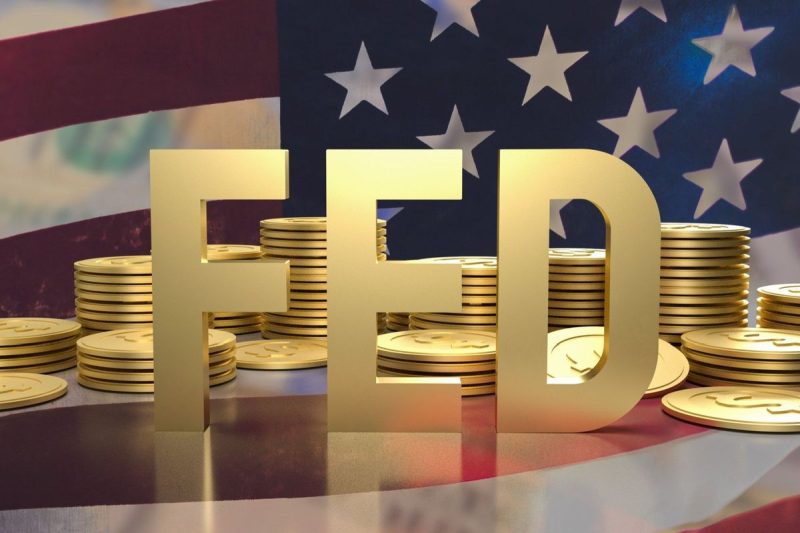
Gold Hits Fresh All-time High, Then Pulls Back After Fed Cuts Rates
The US Federal Reserve reduced its benchmark interest rate for the first time in four years on Wednesday (September 18), beginning its cutting cycle with a sizeable 50 basis point reduction.
The Federal Open Market Committee has held rates steady since July 2023 after starting to hike in March 2022.
Speaking at a press conference after the decision, Fed Chair Jerome Powell said the US economy has come into balance, which means the time has come to cut rates. He added that the cut puts the central bank in a good position to respond quickly with changes should inflation begin to reverse or should the labor market deteriorate.
When asked if the Fed made a larger cut because it’s trying to catch up, Powell said the central bank hasn’t fallen behind — instead it’s taking strong measures to avoid falling behind. He suggested that the committee has been patient in making its policy decisions and said he believes that keeping rates higher for longer has benefited the US economy.
Powell added that while the upside risk to inflation has decreased, the downside risk to employment markets has increased. He also indicated that he is encouraged by inflation coming closer to the Fed’s 2 percent target, but said more data will be needed to demonstrate inflation is sustainably within the target range before declaring victory.
The 12 Federal Open Market Committee members were not unanimous in their decision, with Fed Governor Michelle Bowman casting the sole dissenting vote, indicating that she would have preferred a 25 point reduction.
It marks the first time since 2005 that a governor has voted against a policy change. Powell said there was good discussion at the meeting, suggesting that despite the difference of opinion there was also much common ground.
Dr. Stephen R. Foerster, professor of finance at the Ivey School of Business, said a 50 point cut will provide a more stimulative effect on the American economy, but highlighted the impact won’t be known immediately.
Ultimately, the cut could be a boon for commodities investors. “Rate cuts often make commodities more attractive on a relative basis. Lower rates lower the cost of carrying inventories which should increase commodity prices,” Foerster said.
In the longer term, Saidel-Baker sees up to 100 points of total cuts between now and the first half of 2025, a viewpoint that’s at odds with the broader market expectation of 200 points.
Markets saw increased volatility following the Fed’s announcement. The S&P 500 (INDEXSP:INX) was down by 0.29 percent to 5,618.25 points, while the Nasdaq-100 (INDEXNASDAQ:NDX) fell 0.45 percent to 19,344.49 points and the Dow Jones Industrial Average (INDEXDJX:.DJI) closed just 0.25 percent lower to 41,503.11 points.
Precious metals were volatile, with gold peaking during afternoon trading at US$2,599 per ounce; it ultimately retracted and at 4:00 p.m. EDT was down 0.48 percent to US$2,557.16. Likewise, silver saw a sharp gain following the announcement to trade above the US$31 per ounce mark, but ultimately shed 2.04 percent to US$30.05.
Securities Disclosure: I, Dean Belder, hold no direct investment interest in any company mentioned in this article.
